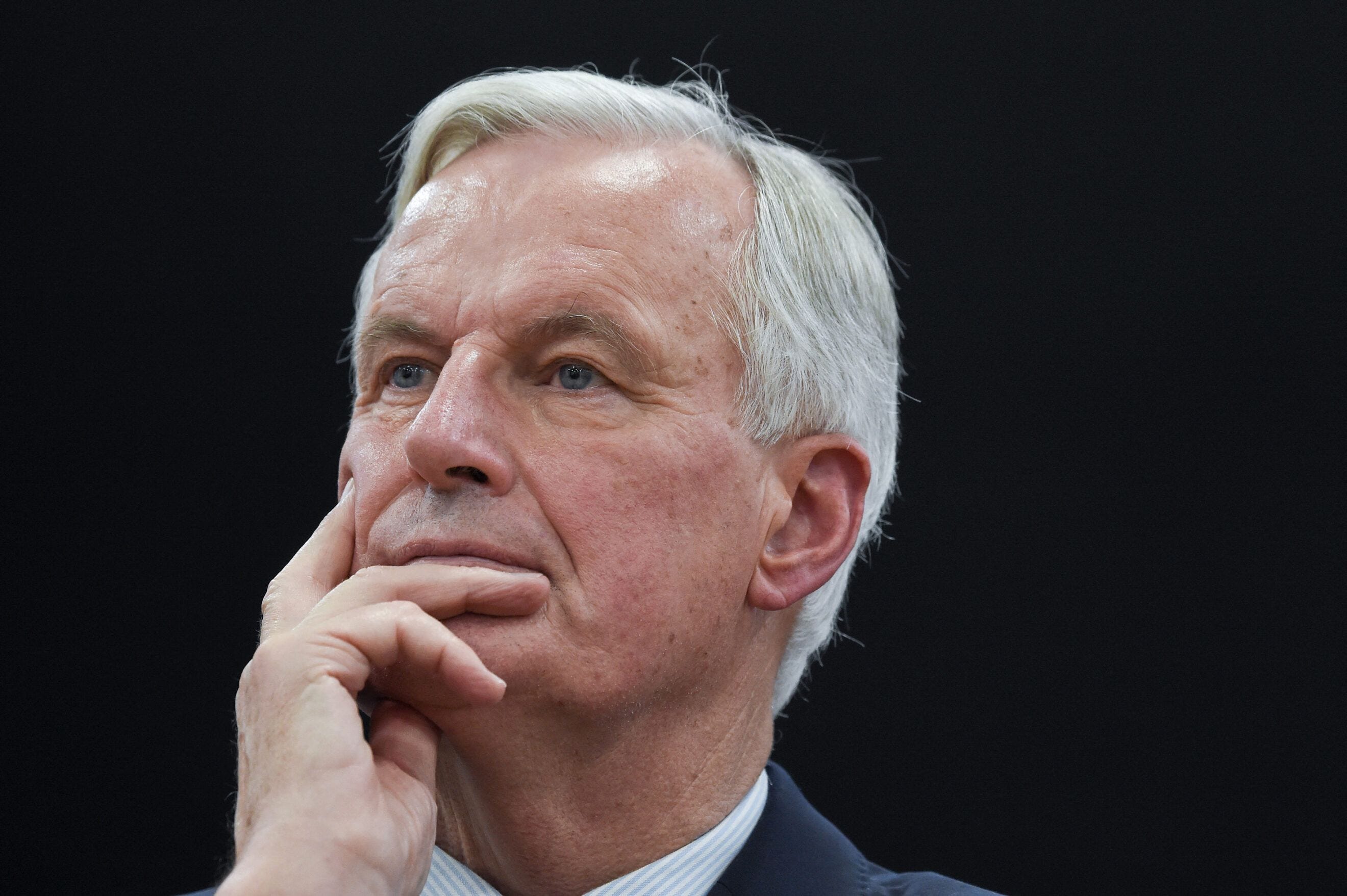French Protest Over Appointment of Right-Wing PM
Emmanuel Macron Appoints Conservative Michel Barnier As Prime Minister

French President Emmanuel Macron has finally nominated a new Prime Minister. However, his choice is not someone from the New Popular Front (NFP), the left-progressive alliance that won the most seats in the recent snap election. Instead, Macron opted for Michel Barnier, a conservative former EU official and Brexit negotiator, igniting yet more anger among left and progressive circles in France.
Barnier comes from the ranks of The Republicans, a Gaullist party that garnered approximately 6% of the vote in the recent election. The French president has described him as a choice that will be able to build stability and communication among most parties. Before nominating Barnier, Macron refused to admit that the NFP had essentially won the election and discarded the possibility of nominating the coalition’s choice for prime minister, Lucie Castets.
Macron’s latest decision, which many on the left see as complete disregard for the will of the people, has inspired calls for mass protests. Student organizations were already building a mass mobilization for 7 September, planning to protest Macron’s delay in responding to the election results. As a result of Barnier’s nomination, the number of demonstrations announced has grown to 150, and an impeachment initiative against Macron has gained additional momentum, surpassing 200,000 signatures.
Dozens of left leaders have denounced Macron’s behavior. Mathilde Panot, head of France Unbowed’s parliamentary group, called the president a “capricious autocrat” and accused him of undermining democracy. “Macron’s choice of Barnier as Prime Minister is in direct contradiction to the popular vote,” Panot said, urging the public to mobilize.
NFP delegates have already announced they would vote against Barnier’s nomination in parliament, accusing Macron of colluding with the far-right National Rally to install a government more favorable to his neoliberal agenda. Marine Le Pen, leader of the National Rally, has suggested that her party might support Barnier’s nomination if they find his program acceptable, pointing to a potential emerging alliance between the liberals and the far-right.
“The French people mobilized to oppose the extreme right,” said Manuel Bompard, coordinator of France Unbowed. Instead of respecting their will, Bompard said, the president has essentially appointed a Macron-Le Pen government in an “unbearable denial of democracy.”
Barnier’s appointment is seen by many as a continuation of the unpopular policies that have defined Macron’s presidency—policies that have led to protests over pension reform, rising cost of living, and cuts to public services. Barnier’s own political career is in line with this trend. He has supported extremely regressive immigration measures, and also voted against essential health policies, such as securing public funding for abortion care, and the protection of human rights for specific groups, including opposing the decriminalization of homosexuality in 1981.
During his time as an EU official, Barnier advocated for policies that favored austerity and benefited the wealthy, despite strong public opposition in France. His record stands in stark contrast to the NFP’s platform, which is based on a rupture with Macron’s neoliberalism and the building of strong public services, fair wages, and social justice—policies that resonated with millions of French voters in the last election.
With Barnier preparing himself to take the PM seat, it is unlikely that the controversial pension reform will be overturned or that the economic pressures on citizens will ease. Thus, Macron’s decision to nominate him is perceived as yet another example of his administration’s disregard for the public’s desire for true change.




